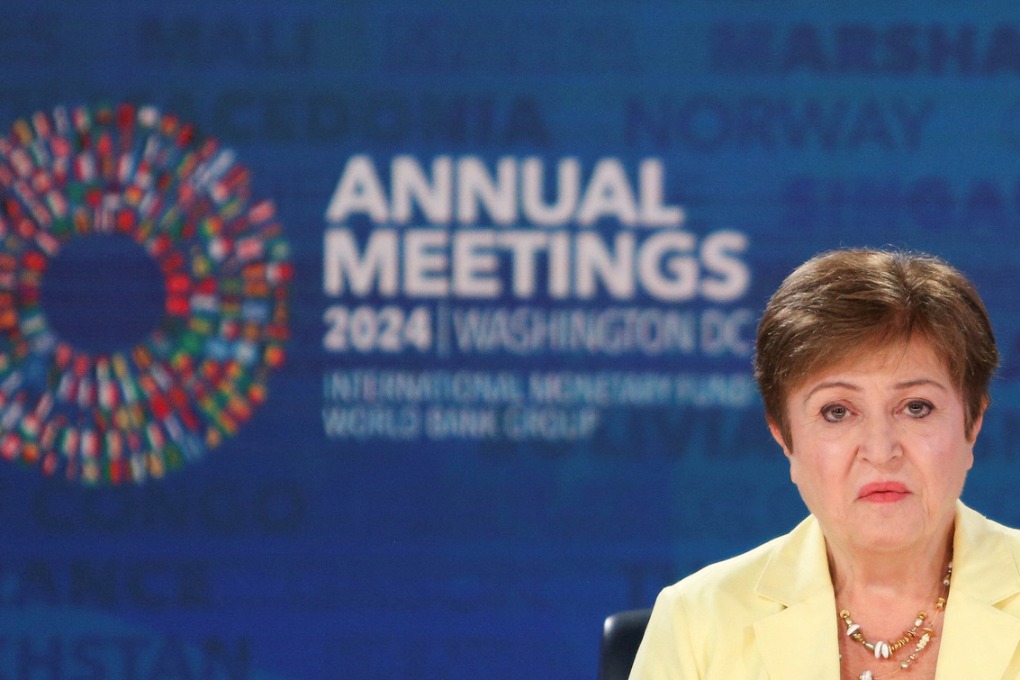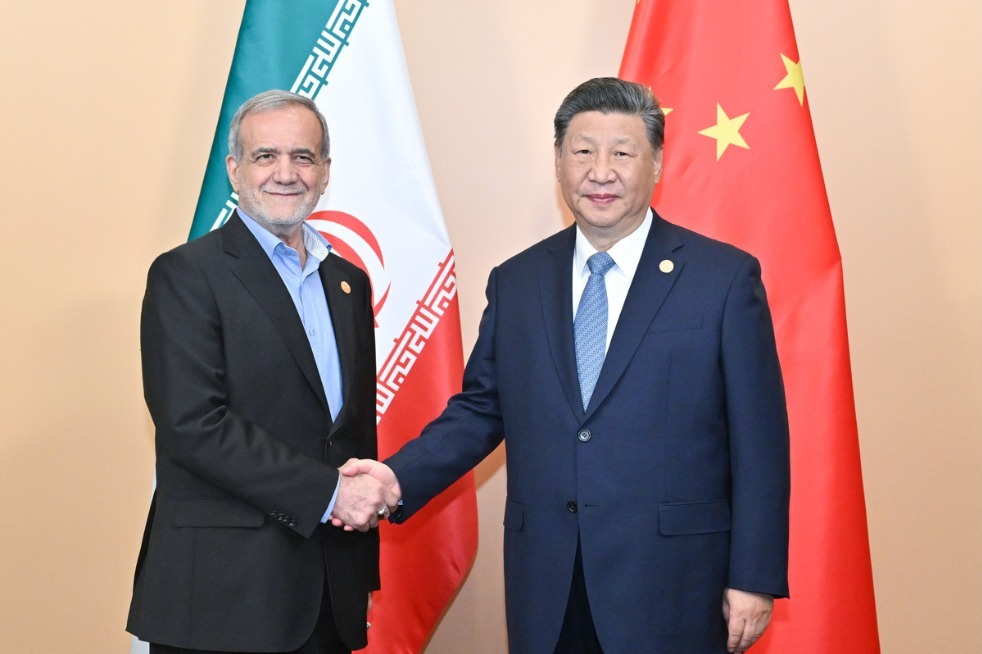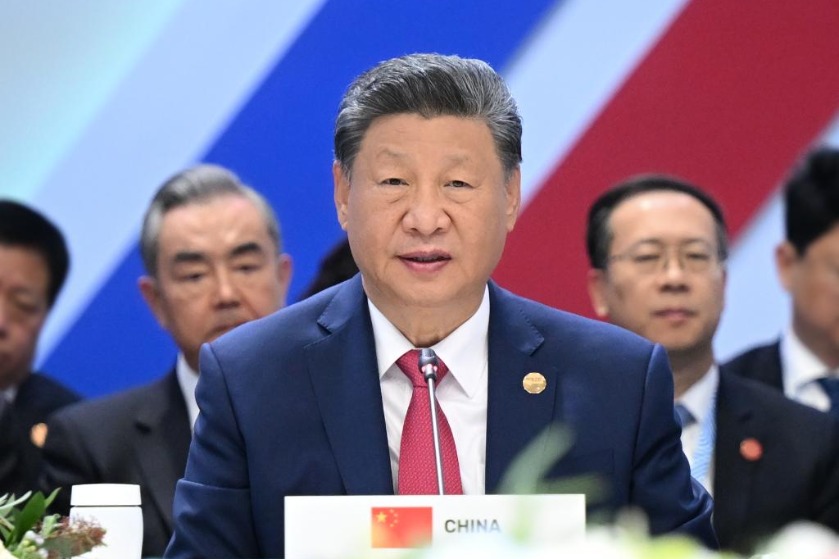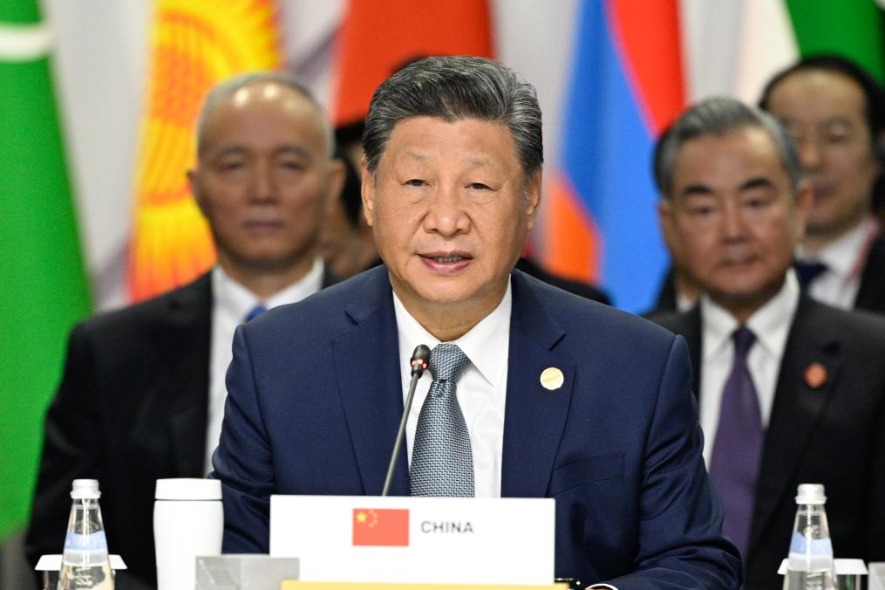Japanese groups request stopping the discharge of nuke-contaminated water into the ocean

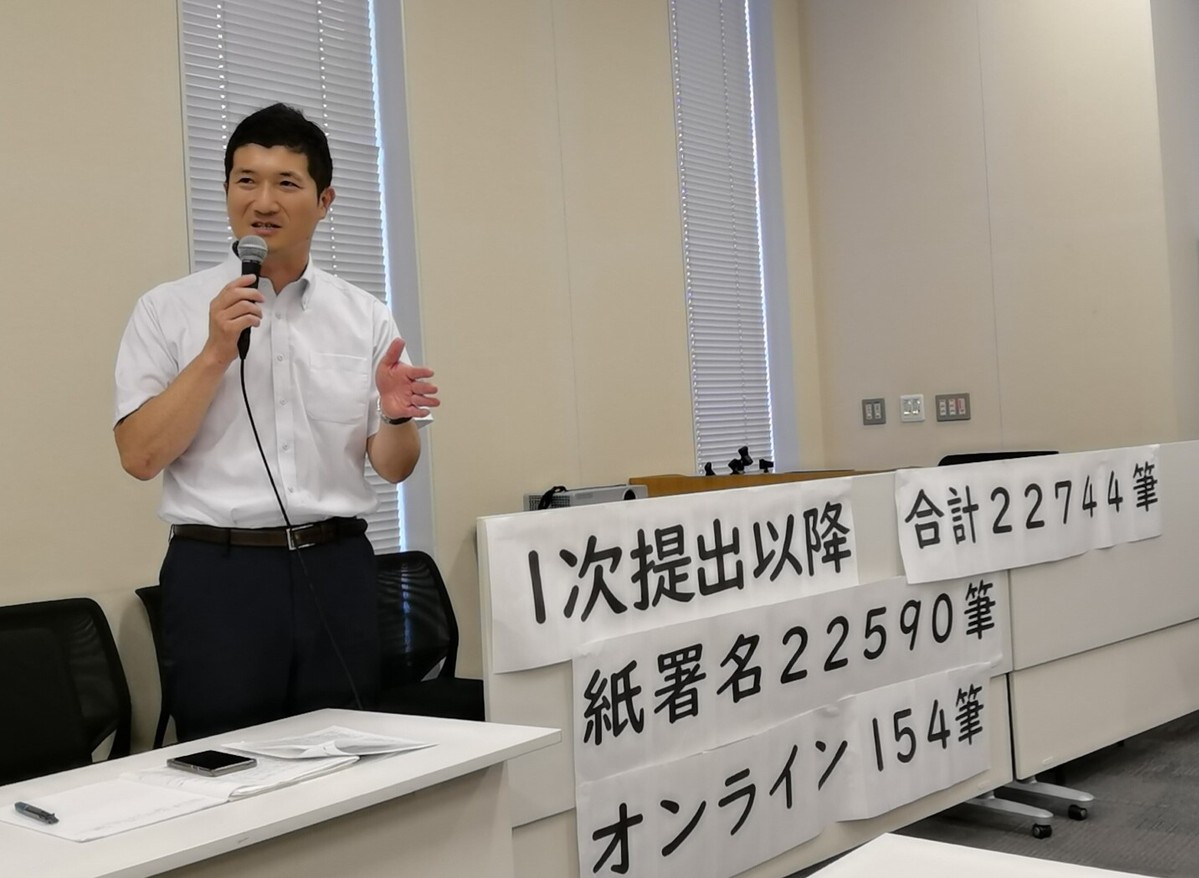
Japanese citizen groups submitted a second round of signatures requesting the immediate suspension of the discharge of nuclear-contaminated water into the ocean to the Japanese government in Tokyo on Wednesday.
The petition, accompanied by the first batch of 184,712 signatures collected nationwide, was submitted to the government on April 24. On Wednesday, the second batch of 22,744 signatures was handed over to officials from the Ministry of Economy, Trade and Industry, bringing the total number of signatures from the first and second rounds to 207,456.
Those who signed the petition urged the Japanese government and the Tokyo Electric Power Company, the operator of the crippled Fukushima Daiichi nuclear power plant, to immediately stop the ocean release of the so-called “ALPS treated water.”
It has been nearly a year since Japan began releasing nuclear-contaminated water from the Fukushima Daiichi nuclear power plant into the sea on Aug 24, 2023.
This water, processed by the Advanced Liquid Processing System, also known as ALPS, after coming into contact with fuel debris at the Fukushima plant, is being forcibly discharged into the ocean. Despite treatment, the water still contains radioactive substances which cannot be entirely removed.
The Fukushima plant suffered a triple meltdown following a major earthquake and subsequent tsunami on March 11, 2011.
“We hope for a world where all people connected by the sea can live safely, free from the threat of radioactive materials released by the nuclear accident,” said the petitioners.
“The ocean is not just for humans; it is the source of life for all marine creatures. We desire a sustainable life where the natural environment is not further damaged, where humans and nature can coexist, where fishermen can fish without worry, where people around the world can eat seafood and enjoy the ocean without fear, and where everyone can raise their children with peace of mind and smiles on their faces,” they said.
The petition, signature collection, and government negotiations were organized collaboratively by the Fukushima Peace Forum, the Citizens’ Nuclear Information Center, and the Japan Congress Against A- and H-Bombs, also known as Gensuikin.
The unilateral imposition of further radioactive contamination under the pretext that “ocean release is unavoidable for decommissioning of the Fukushima Daiichi nuclear power plant” is absolutely unacceptable, said Masashi Tani, secretary-general of Gensuikin.
Instead of hastily releasing the water into the ocean, it is necessary to advance the development of technologies for removing radioactive substances. In the meantime, other methods such as solidifying the radioactive substances with mortar or storing them on land should be thoroughly considered and verified, said Tani.
















